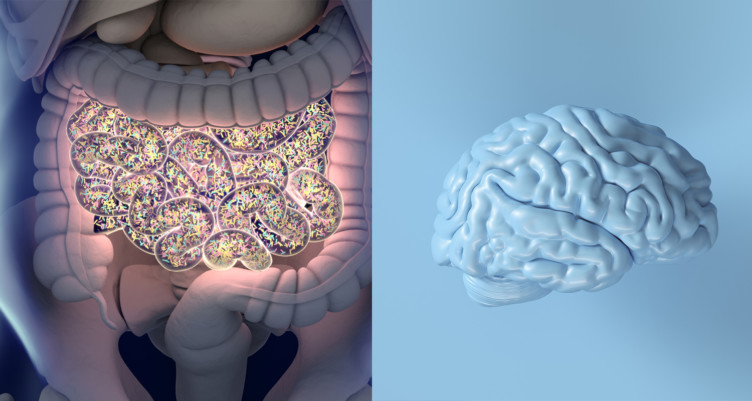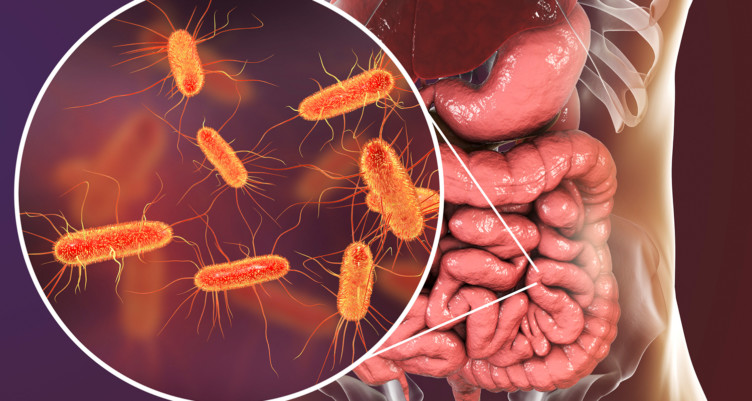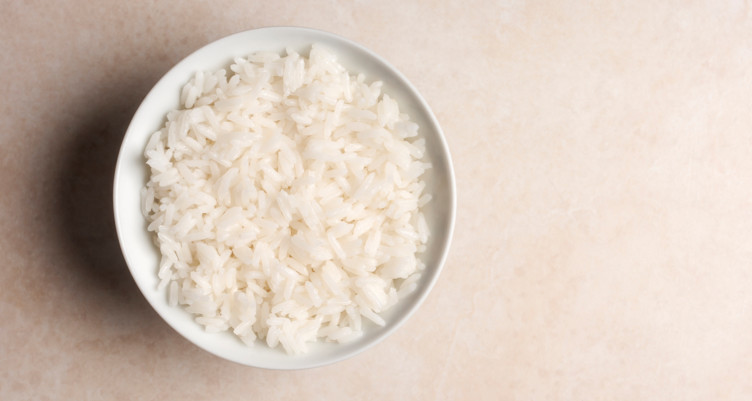Losing Sleep Wrecks Your Gut. Here’s What You Can Do About It

- Consistent, high-quality sleep isn’t optional. Sleep loss negatively impacts your brain, mood, and gut, increasing your risk of serious health conditions like obesity and diabetes.
- Healthy guts are filled with unique, diverse combinations of bacteria. That microbiome changes when you don’t sleep enough.
- Studies have found that sleep loss increases toxins, impairs insulin sensitivity, increases inflammation, and negatively changes the ratio of bacteria in your gut, among other bad news.
- Take care of your gut microbiome and improve your sleep. Eat prebiotics, ditch the junk in your diet, and improve your sleep hygiene. Your body will thank you.
If you want to live longer, feel better, and perform better, it pays to understand how sleep impacts your body. That’s why improving your sleep quality is one of the laws in my new book, “Game Changers: What Leaders & Mavericks Do to Win at Life.” Here’s another reason to become a world-class sleeper: Losing sleep negatively impacts your gut health, increasing your risk of serious health conditions like obesity and diabetes. Yikes.
Here’s what you should know about the connection between sleep and gut health, including my top tips to take care of your gut so you can perform at your peak every day.
Related: Signs Your Gut Is Unhealthy and Why You Should Fix It
The connection between your gut and your brain

Your gut and your brain are constantly talking to each other via the gut-brain axis. This communication happens along the vagus nerve, an information superhighway that connects the way you feel to the way your gut works. Learn more about the gut-brain axis here.
Healthy guts are filled with unique, diverse combinations of bacteria. That microbiome changes in response to a ton of factors, like when you eat processed food, when you’re stressed out, and when you’re dealing with sleep loss.
Let’s say you pulled an all-nighter for work, school, or just for the fun of it, and you’re feeling the effects the next day. It’s simply a little temporary sluggishness with no lasting effects, right? Not exactly. While it’s possible to bounce back from a sleepless night, don’t make it a habit. Here’s why.
How crappy sleep wrecks your gut bacteria
It increases toxins

Your gut bacteria have a circadian rhythm, just like the rest of your body.[1] They get stressed out when you don’t sleep, and they pump out toxins called lipopolysaccharides. These toxins cause brain fog, fatigue, autoimmunity, leaky gut, and even cancer — no thanks.[2] [3][4]
It changes your gut microbiome

What’s more, a 2016 study found that just two nights of short sleep — specifically, 4 hours and 15 minutes — caused noticeable changes to the gut microbiome.[5] While the diversity of gut bacteria wasn’t different, the ratio of two bacterial gut species, Firmicutes and Bacteroidetes, had increased. Prior studies have found that an increase in this ratio is associated with obesity.[6] [7] [8]
This happened after just two days of poor-quality sleep, so you can imagine what years and years of crappy shut-eye will do to your health. In fact, if you suffer from chronic sleep loss, you’re more at risk of type 2 diabetes and obesity — both of which have been linked to imbalanced gut microbiomes.[9]
It impairs body systems

Crappy sleep changes the way your body functions. A single night of partial sleep loss interferes with insulin sensitivity,[10] which increases your risk of insulin resistance (and fatigue, high blood pressure, and diabetes) over time. Disrupting your normal sleep cycle may also damage your intestinal barrier, which could increase the risk of toxins crossing the gut barrier and circulating in your blood.[11] Sleep loss even alters the food choices you make the following day because stressed, sleepless bodies crave junk food, and a lot of it.[12]
In short, losing sleep doesn’t just make you groggy — it makes you weak and sets you up for the very things you probably want to avoid, like poor health and pants that don’t fit. Keep reading to learn how to take care of your gut and improve your sleep quality.
Related: How to Sleep Better: Science-Backed Sleep Hacks to Wake Up Ready to Go
How to take care of your gut and upgrade your sleep, too

Ready to upgrade your sleep and help your good gut bacteria thrive? All roads lead back to your dinner plate.
- Eat more prebiotics: Prebiotics feed the good bacteria in your digestive tract so they can flourish and take the place of harmful strains. A 2017 study found that rodents fed prebiotics had better non-REM sleep than the control group.[13] Take a prebiotic supplement, or eat foods like green banana flour and cold white rice. Learn more about prebiotics here.
- Ditch the junk food: Toxins from foods like refined sugar and factory-farmed meat are not high on the Bulletproof Diet Roadmap for a reason: Among other issues, they can mess with your sleep quality.[14][15] Help your body get rid of lingering toxins with these go-to detox methods that actually work.
- Release stress: Crappy sleep causes your stress hormone levels to go haywire,[16] which makes it harder to fall asleep and stay asleep. If you’re feeling stressed out, follow these Bulletproof-approved stress management techniques.
- Listen to the signs: Bloating, skin issues, fatigue, mood swings, depression, and even joint pain may point to a gut imbalance. Learn more about the signs your gut is unhealthy and schedule an appointment with a functional medicine doctor to talk about your symptoms.
- Get enough sleep: Studies have found a connection between sleep deprivation and bad gut bacteria in animals.[17] If you’re having trouble improving the quality of your sleep, check out the Bulletproof 30-Day Sleep Challenge for an all-in-one guide to upgrade your sleep routine. It’ll also help you figure out what’s keeping you awake and provide key tips to turn your bedroom into a proper sleep cave.
Oh, and stop reading this if you’re within an hour of bedtime. Instead, do some restful yoga, drink some kava tea, take some melatonin, and go the heck to bed. It’s good for you.
Sign up for early access to sales, product launches, the latest Bulletproof news and more!



